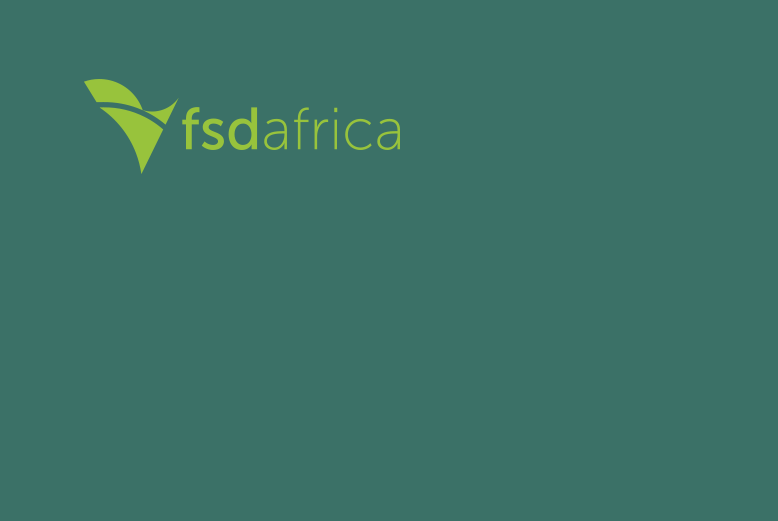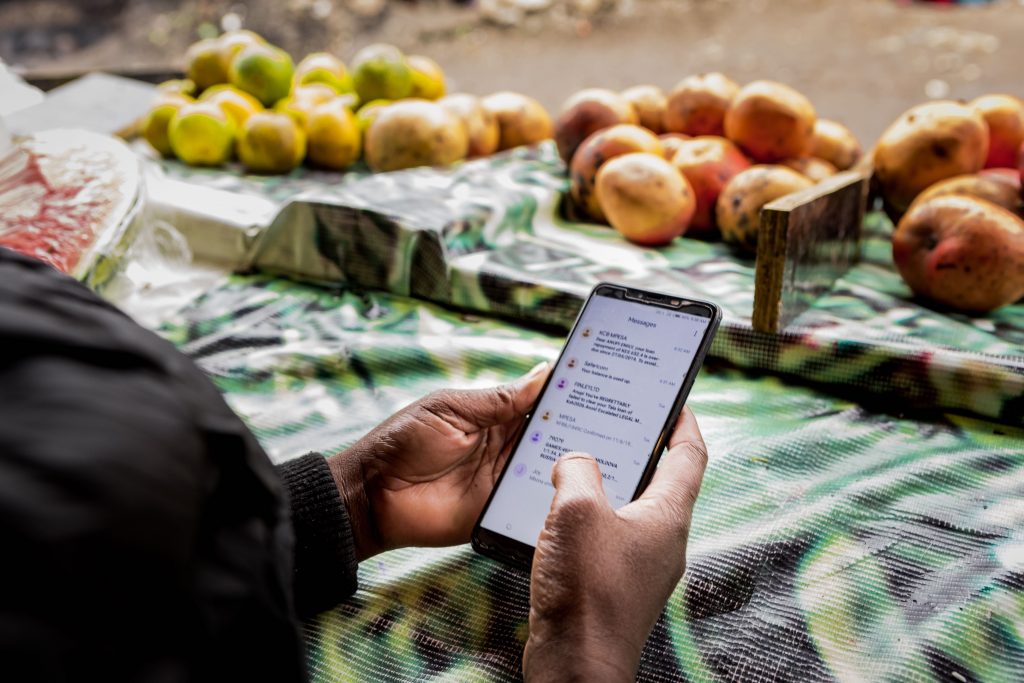I pay taxes in Kenya. I am happy to pay my fair share. It’s a shame more of us in Kenya who should be paying taxes are not. But that’s another challenge and there are other battles to fight.
Interesting, by the way, to read about the Addis Tax Initiative, launched earlier this month, in which over 30 countries (including Kenya) and international organisations have now teamed up to strengthen international cooperation around tax systems reform. Development can’t really happen sustainably without a proper tax collection system.
So, back to Kenya. The least the Kenya Revenue Authority can do is to make it easy for people to pay their taxes. And the reason I am happy tax payer is that the KRA has made is super easy to pay with its new i-Tax payment system. Here’s how it worked for me.
With great foreboding, expecting hours of electronic misery, I registered with the KRA’s i-Tax Online Service because KRA no longer accepts manual tax returns. I registered, like thousands of other people, at the last minute and, sure, the system on that day lurched and creaked but soon spat out my return. I filled this in and I managed to get the system to accept it without too much trouble.
Within a day I was told what I owed, which was a tiny amount so I decided to ignore it. Then, I got a fiercer message a couple of weeks later to say that I owed a slightly larger amount. The increase seemed pretty random to me (and was unexplained) but still within tolerance limits and so I decide that KRA would keep pestering me with annoying emails unless I paid up.
The payment option of choice, for anyone wanting to avoid the inconvenience of going to a bank or queueing up in person with a cheque, is of course M-Pesa, Safaricom’s mobile payment engine, which the UK government helped get going back in the mid 2000s with a grant to Vodafone.
Again, more foreboding. Would it work? I call KRA’s call centre for advice. A completely charming person took my call pretty after perhaps two minutes on hold. She rightly assumed I was tech-phobic, and possibly just stupid, and gently took me through every step I needed to make to register to pay my tax bill through M-Pesa.
It sounded complicated. But actually it turned out to be totally straightforward and very quick. Registering online meant that I was sent (immediately) a Payment Slip. This had a unique identifier on it (a 16-digit number) which I would then proceed to use, along with the KRA’s M-Pesa Business Number (which, by the way, is 572572) to pay using my phone. So, just two numbers needed.
So I did. And not only did I get the usual M-Pesa confirmation say the payment had gone through, giving that certainty which is partly what makes M-Pesa such an attractive service to use, but, within seconds, KRA also sent a message to say they had received my payment. So I now know they are off my back.
E-government, when it works, is fantastic. Hats off to KRA for making my (admittedly simple) problem go away. And kudos to organisations like Better than Cash Alliance for getting governments around the world to sign up to “cash lite” strategies in the interests of less waste, more accountability and more inclusive and efficient financial systems.
BTCA have also been doing interesting research on the cost benefits to businesses of digitising payments – how many businesses realise how much it costs them to keep paying wages in cash?
We, at FSD Africa are going to be providing training and support to policymakers and others on the ground here in Africa to help them think through their digital strategies and improve services for their citizens. We are hoping to work with at least two countries on intensive programmes in this area. It’s undeniably complicated, and will take time, but we are happy to walk the journey with some countries that are serious about wanting to make progress in this area.
By the way, I was also very happy my tax bill was so low. But I’d still like to know why it mysteriously went up…





